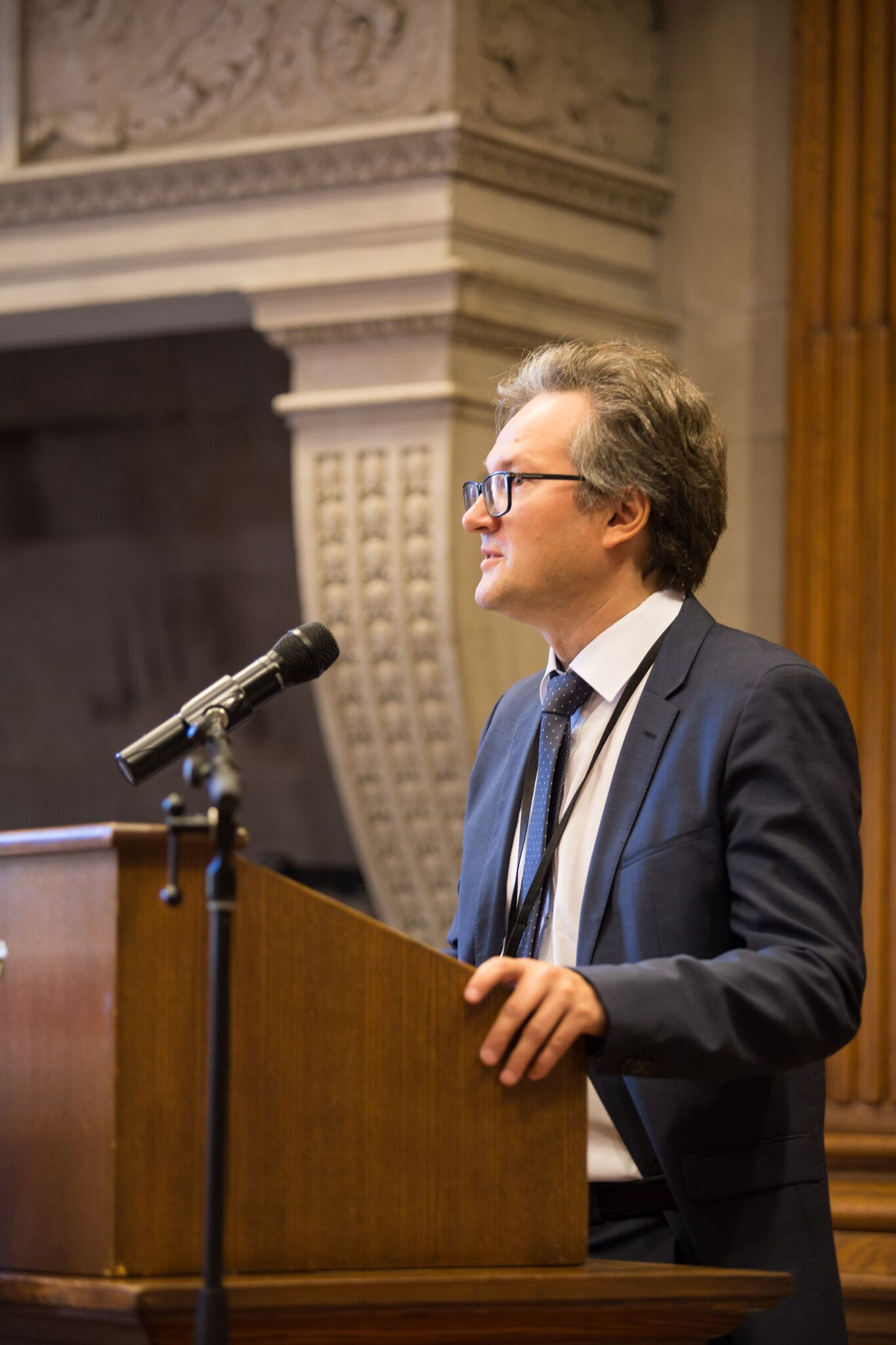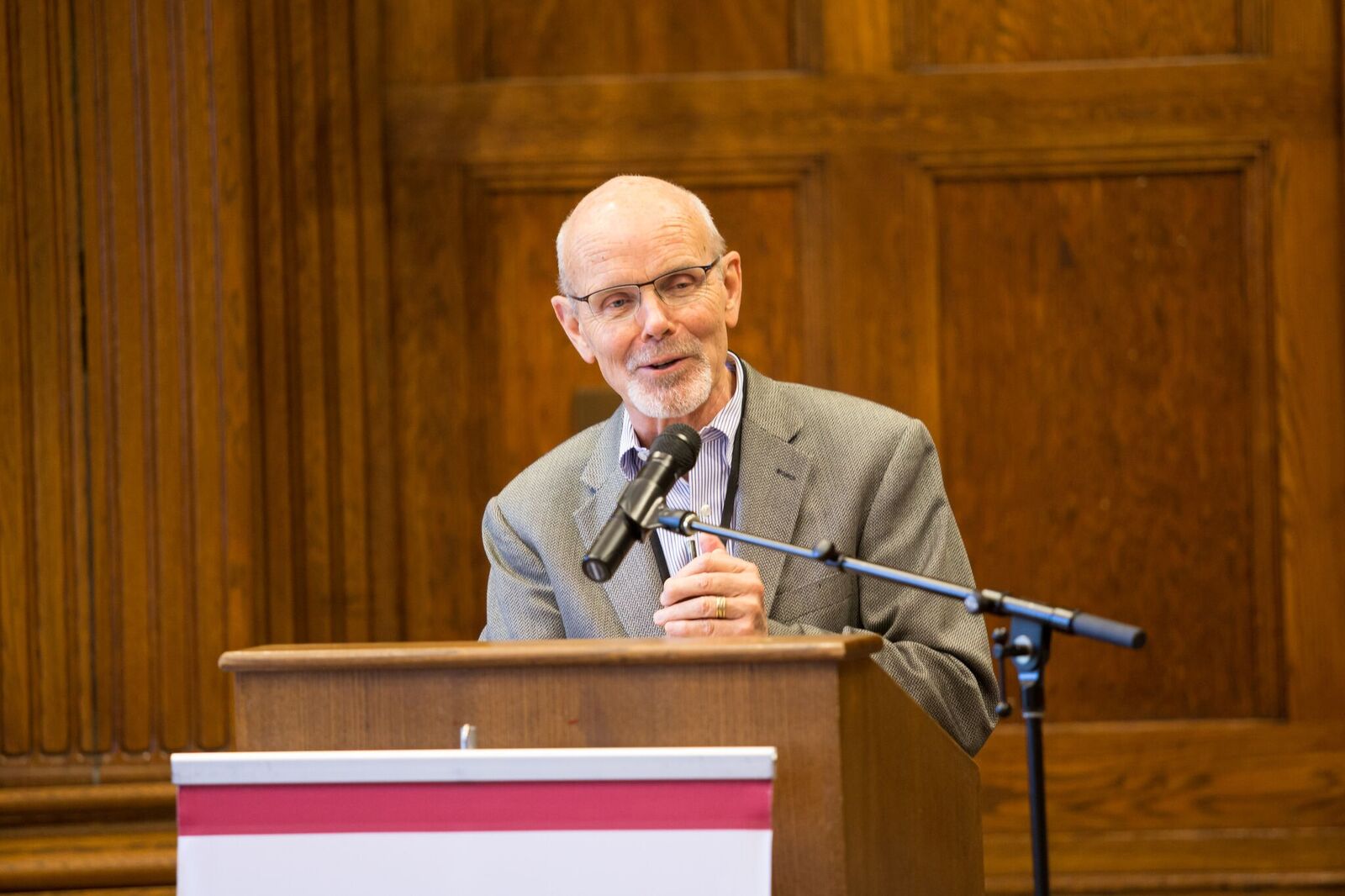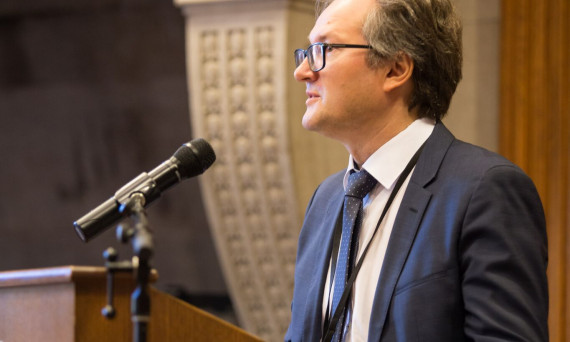 Oleg Kharkhordin organized a workshop "Shared Governance or Mixed Government? Contemporary University Governance and the Classical Republican Tradition" held in Harvard University on September 8 - 9, 2017.
Oleg Kharkhordin organized a workshop "Shared Governance or Mixed Government? Contemporary University Governance and the Classical Republican Tradition" held in Harvard University on September 8 - 9, 2017.
The organizers’ purpose is two-fold: first, to let sophisticated practitioners of university governance see their experience in a new light, and second, to enable scholars well-versed in the classical republican tradition to stimulate their own thinking by testing their theoretical concerns against patterns of life they themselves know best in practice—i.e., university governance, in which all of them are almost always inexorably involved. However, apart from recasting the familiar experiences in novel terms (which might have an eye-opening effect sometimes), the workshop also intends to contribute to our thinking on how to improve the university governance in top research universities across the world (Program).
Participants:
Homi Bhabha, Harvard University
Philip Pettit, Princeton University
Eric Nelson, Harvard University
Patricia Graham, Harvard University
Nannerl Keohane, Duke University
Henry Rosovsky, Harvard University
Leah Rosovsky, Harvard University
Bob Millard, Massachusetts Institute of Technology
John j. DeGioia, Georgetown University
Jonathan Fanton, New School for Social Research
Derek Bok, Harvard Univerisity
Michele Lamont, Harvard University
Timothy Colton, Harvard University
Frank Lovett, Washington University in St. Louis
Mikhail Sokolov, European University at St. Petersburg
Kamal Ahmad,The Asian University for Women
Loren Graham, Massachusetts Institute of Technology, Harvard University
Mikhail Sokolov's (EUSP) talk "Mixed Government and the Structural Origins of Academic Virtue" explored some points of convergence between the republican theory of selfgovernment and modern organizational analysis (Read more).
 The classic in the field of Republican Theory Philip Pettit (Princeton University) in his presentation "The University as a Republic" talked on the core idea in a republic, which is that members should enjoy the sort of equality that enables them to look one another in the eye without reason for fear or deference; no one should be subject to the arbitrary will of another in a manner that is liable to jeopardize this forthrightness. How to realize this condition in a University where there are marked differences of role and power between students and faculty, untenured and tenured professors, academics and administrators? How to organize things so that, despite the hierarchy in these relationships, each member of the university enjoys freedom of thought and speech, and does so as of personal right and mutual recognition? The civic republican tradition of political theory offers some clues as to how this may be done (Read more).
The classic in the field of Republican Theory Philip Pettit (Princeton University) in his presentation "The University as a Republic" talked on the core idea in a republic, which is that members should enjoy the sort of equality that enables them to look one another in the eye without reason for fear or deference; no one should be subject to the arbitrary will of another in a manner that is liable to jeopardize this forthrightness. How to realize this condition in a University where there are marked differences of role and power between students and faculty, untenured and tenured professors, academics and administrators? How to organize things so that, despite the hierarchy in these relationships, each member of the university enjoys freedom of thought and speech, and does so as of personal right and mutual recognition? The civic republican tradition of political theory offers some clues as to how this may be done (Read more).
More about the idea of shared governance (in Russian)
Final Remarks of Henry Rosovsky and Oleg Kharkhordin (video)
{gallery}RESPUBLICA/Shared_Governance/{/gallery}















